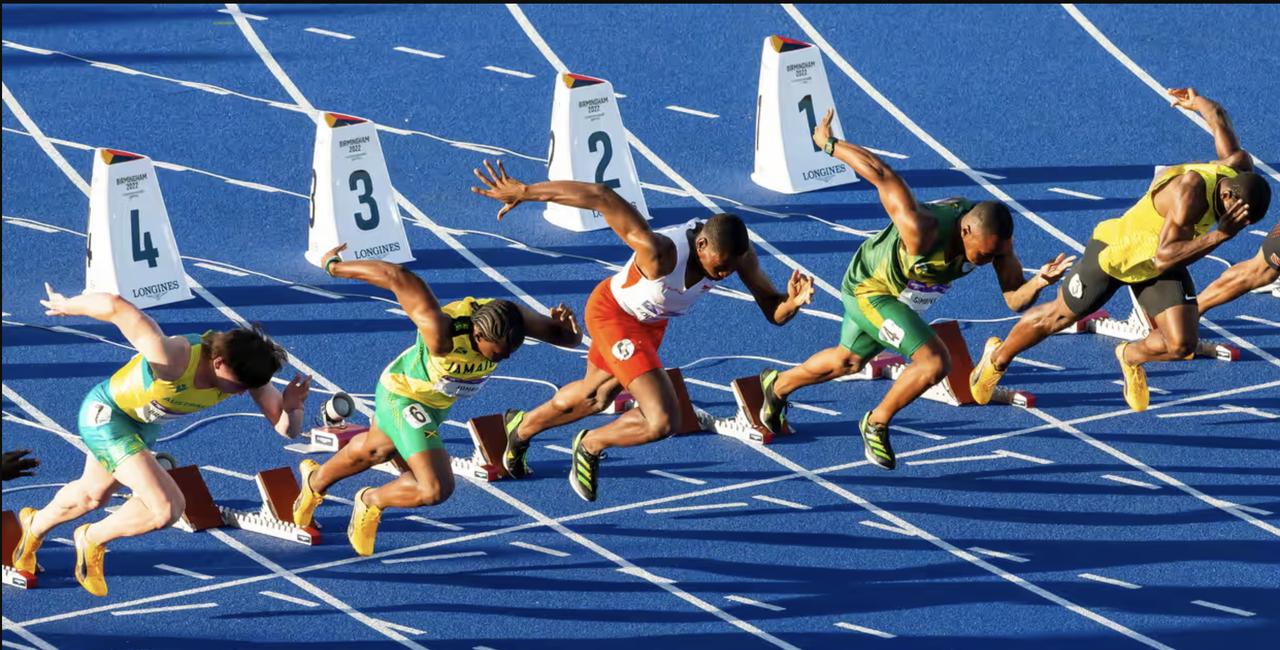The Commonwealth Games and Championship represent a unique convergence of sportsmanship, culture, and camaraderie among nations. These events showcase the spirit of competition and unity that transcends borders, while simultaneously celebrating the diverse heritage shared by member countries. Throughout this blog post, we will delve into various aspects of the Commonwealth Games and Championship, exploring their rich history, significance, and impact on the world of sports https://okvip26.com/.
The History and Evolution of the Commonwealth Games and Championship
The origins of the Commonwealth Games can be traced back to 1930, when the first edition was held in Hamilton, Canada. Initially known as the British Empire Games, this event was envisioned as a platform for athletes from British colonies to compete. Over the years, the Games have evolved tremendously, both in terms of scope and significance.
The Genesis of the Games
The idea of the Commonwealth Games emerged during a time of tremendous change within the British Empire. As colonial rule began to wane, there was a drive to foster goodwill among former colonies through sports. The inaugural event in Hamilton featured 400 athletes from 11 countries competing across six sports.
This humble beginning laid the foundation for what would become one of the most prestigious multi-sport events in the world. The inclusion of more countries and sports over time reflects the increasing cooperation among Commonwealth nations, highlighting the importance of athletic achievement in promoting peace and understanding.
Transitioning Through Time
During its early years, the Commonwealth Games underwent several name changes and transformations. Following World War II, the event was rebranded as the Commonwealth Games in 1954 to reflect a new era of collaboration. It signified a shift from colonialism to independence, with more nations participating and showcasing their talent.
In addition to a name change, the structure of the Games also evolved. New sports were introduced, including athletics, swimming, gymnastics, and netball, which appealed to different audiences and showcased the diversity of talent across the Commonwealth. Events like para-sports further highlighted inclusivity, ensuring that everyone has the opportunity to participate and excel.
Modern-Day Commonwealth Games
Fast forward to today, and the Commonwealth Games and Championship are a vibrant celebration of sport and culture, held every four years. With participation from over 70 nations, the event now includes more than 20 sports, ranging from traditional games such as cricket to newer entries like beach volleyball.
